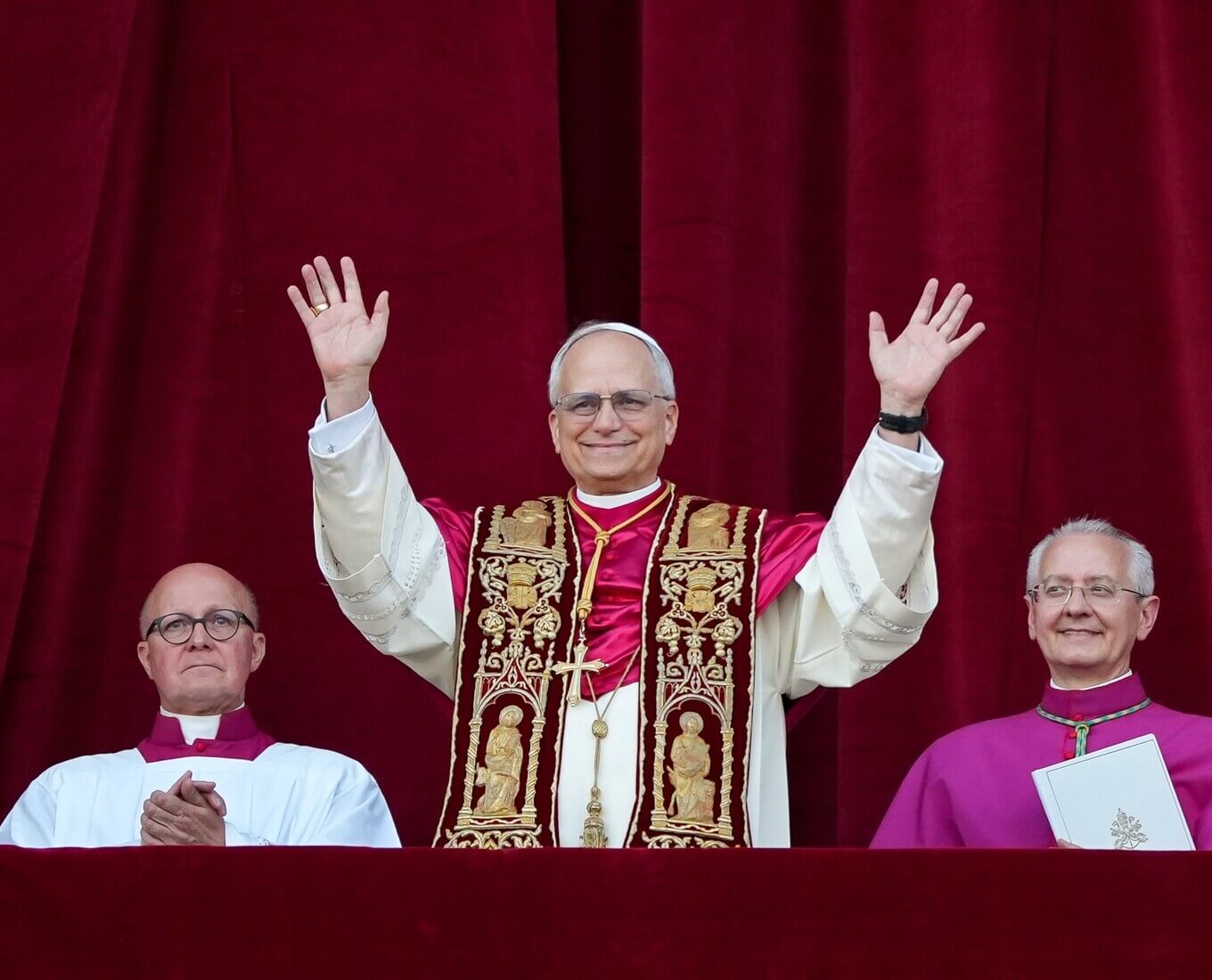The Center for Interdisciplinary Studies at the College of the Holy Cross has selected Brian Beaton ’16, a political science major with a concentration in Latin American and Latino studies from Lynn, Mass., as the 2015 spring semester’s Washington Semester Away Program award recipient. Beaton will present a lecture titled “CELAC: Puzzling or Purposeful? Assessing New Regionalism in the Americas,” on Wednesday, Nov. 4 at 4 p.m. in the Rehm Library on campus. The event is free and open to the public.
Beaton, director of academic concerns, for the Student Government Association (SGA) at Holy Cross, has a strong background in Latin American affairs. He has spent his entire Holy Cross career volunteering with the College’s Student Program for Urban Development (SPUD) and Latino groups in Worcester. He is also a member of the e-board of WCHC, the College student-run radio station. Beaton studied abroad through the College in Lima, Peru, where he volunteered at Building Dignity, a local non-profit.
During his time in the Washington Semester Program, Beaton worked for the Organization of American States (OAS) in D.C. Serving 35 countries across the Western Hemisphere, including all of Latin America, the OAS gave Beaton unparalleled access to academic experts and key decision-makers in Latin American politics. The research he conducted for his academic thesis explores the new regional institution known as the Community of Latin American and Caribbean States (CELAC) and directly related to his work at the OAS. According to their website, “CELAC is an intergovernmental mechanism for dialogue and political agreement, which includes permanently thirty-three countries in Latin America and the Caribbean.”
“[At the lecture] I will be discussing CELAC and whether it is positioned to achieve its goals moving forward,” explains Beaton. “The lecture will incorporate a discussion of contemporary Latin American politics, especially focused on Venezuela, Brazil, and Mexico and these countries’ divergent relationships with the U.S. This institution [CELAC] is seen as a challenge to U.S. ideas and actions in the Western Hemisphere in many ways. As such, I plan on addressing the possible implications it will have on U.S.-Latin American relations moving forward, why the institution may exist in the first place, and what it can realistically accomplish.”
Gary P. DeAngelis, director of the program and professor for the College’s Center for Interdisciplinary Studies, says that “For most students, the semester is a life transforming experience that leads to increased self-confidence, esteem and reliance. The overarching goals of the program are to provide students with intellectual, personal, and professional growth and development.” He also says that Beaton’s thesis was “a first-rate piece of research and writing examining the complex topic of the new regionalism in the Americas and the larger implications of this shift.”
Beaton’s hopes for his future career endeavors include: to work in either diplomacy or engagement with Latin American countries as a U.S. public servant; or promotion for development in Latin America through nongovernmental organizations. He does not limit his interests in Latin American politics with geographical borders, saying “I will be looking to pursue a career that will allow me to integrate these passions either at home or abroad.”
The prize is awarded each semester for the best research paper produced in the Washington Semester program. The recipient of the award is given the opportunity to present a public lecture at the College on his or her thesis. In addition, the recipient receives a bound copy of the thesis and is presented the book award during commencement exercises.
Washington Semester Award Winner to Present Lecture on Latin American Politics and the Countries’ Relationships with the U.S.
Read Time
3 Minutes



